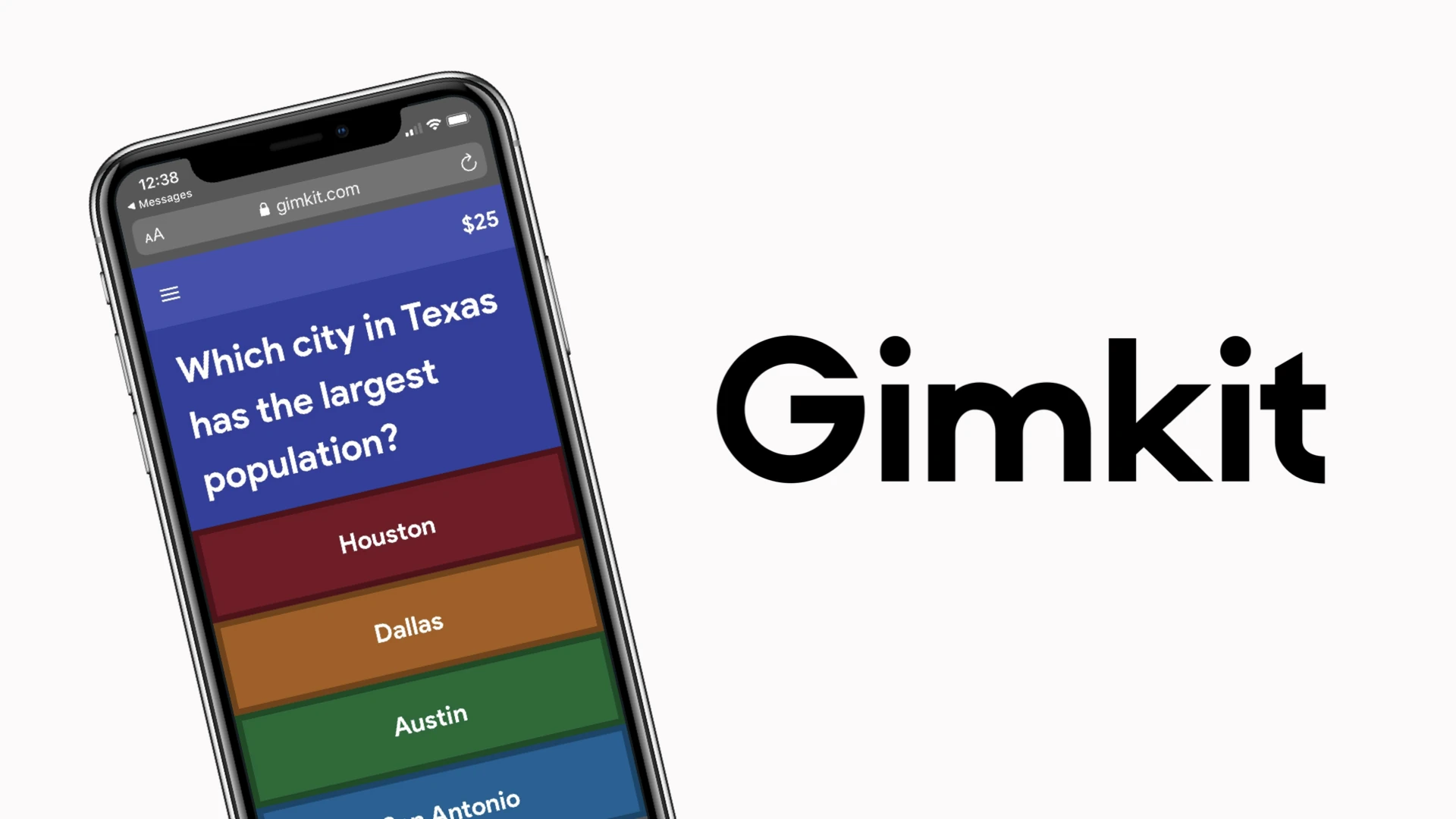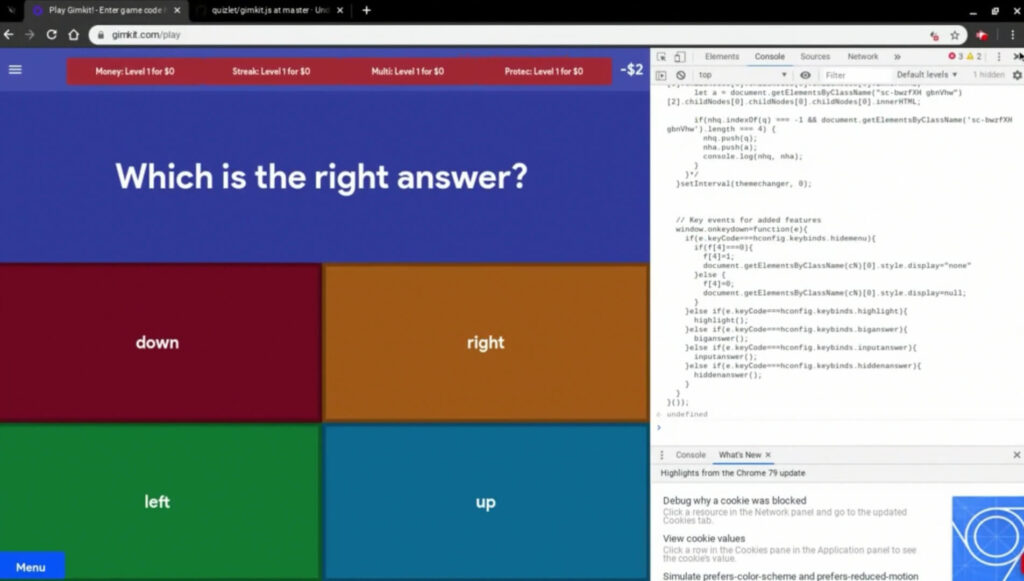Random Gimkit codes have become a focal point of discussion within the online gaming community. This surge in interest stems from the desire for quick access to in-game content, raising ethical questions about fair play and the integrity of the game itself. The use of these codes impacts not only individual players but also the broader Gimkit community and its competitive landscape.
This report delves into the mechanics of Gimkit codes, the reasons behind their popularity, and the consequences of their widespread use.
Gimkit, a popular educational game platform, utilizes codes to unlock various game features and content. While legitimate codes are distributed through official channels, the demand for “random” codes has led to a secondary market where players seek to bypass the intended gameplay. This practice has sparked debate regarding fairness, the integrity of the learning experience, and the potential disruption to the competitive balance within the game.
Gimkit Code Functionality
Gimkit codes are alphanumeric strings that grant access to specific Gimkit games or content. They function as unique keys, unlocking pre-made sets of questions, challenges, or even entire learning modules. While Gimkit doesn’t officially categorize code types, they can be broadly classified based on their source and intended use: teacher-created codes for classroom use, publicly shared codes, and potentially illicitly generated codes.
Gimkit Code Creation
Teachers and educators typically create Gimkit codes within the Gimkit platform itself. This involves designing a game, selecting questions, setting difficulty levels, and then generating a unique code to share with students. The process is generally straightforward and guided within the platform’s interface. The exact steps vary slightly depending on the Gimkit version and features.
Gimkit Code Redemption
Source: gamingpirate.com
Redeeming a Gimkit code is a simple process. Students usually input the code into a designated field within the Gimkit app or website. Once validated, the game or content associated with the code becomes accessible to the player. Any discrepancies between the entered code and the database record will result in an error message.
Comparison with Other Game Mechanics
Gimkit codes share similarities with other game mechanics like activation keys in video games or access codes in online services. However, unlike many game keys which are often one-time use, Gimkit codes can potentially be used by multiple players simultaneously, depending on the creator’s settings. The primary difference lies in the educational context; Gimkit codes facilitate learning activities rather than simply unlocking gameplay.
The hunt for random Gimkit codes continues, with players constantly seeking advantages in the popular educational game. However, achieving true self-sufficiency requires more than just game codes; it demands reliable energy sources. For those considering off-grid living, understanding the best energy for off grid living is crucial, impacting everything from lighting to communication. Ultimately, the pursuit of efficient energy mirrors the strategic thinking needed to master Gimkit’s challenges.
The Demand for Random Gimkit Codes

Source: nocookie.net
The search for “random Gimkit codes” often stems from a desire to access pre-made games or content without the effort of creating one’s own. Students might seek these codes to quickly join a game, while teachers might look for readily available resources to save time. However, this demand raises several concerns.
Benefits and Drawbacks of Using Random Gimkit Codes
Using publicly available Gimkit codes can offer quick access to engaging learning activities. However, it might lead to a less personalized learning experience and potentially expose students to content that isn’t aligned with their curriculum or skill level. The quality and educational value of randomly found codes are also unpredictable.
Ethical Considerations
The ethical implications center on the unauthorized distribution and use of codes intended for specific classrooms or learning environments. Sharing codes without permission undermines the creator’s effort and infringes on their intellectual property. Using codes intended for a specific learning objective in a different context could also lead to inappropriate or ineffective learning.
Hypothetical Scenario
Imagine a teacher meticulously crafted a Gimkit game tailored to a specific learning objective. If this code is then widely distributed online, students outside the intended class might access it, potentially disrupting the teacher’s planned learning sequence and diluting the educational impact of the game for the intended audience.
Consequences of Unethical Gimkit Code Distribution
- Violation of Gimkit’s terms of service, leading to account suspension or termination.
- Disruption of classroom learning activities and unfair advantage for some students.
- Diminished quality of educational content due to uncontrolled distribution.
- Potential copyright infringement, depending on the content of the game.
Gimkit Code Generation and Distribution: Random Gimkit Codes
Gimkit’s internal system likely employs cryptographic techniques to generate unique and secure alphanumeric codes. These codes are then distributed through various channels.
Gimkit Code Generation Model
A conceptual model might involve a database storing a pool of unused alphanumeric strings. When a new Gimkit game is created, the system selects a unique string from this pool, assigns it to the game, and marks it as used. This ensures each game has a unique code. Robust hashing algorithms could further enhance security.
Methods of Code Distribution
Legitimate distribution occurs through direct sharing within the Gimkit platform or through secure channels like learning management systems (LMS). Illegitimate methods involve sharing codes on unauthorized forums, websites, or social media platforms.
Impact of Platforms on Accessibility
The platform significantly impacts accessibility. Direct sharing within Gimkit ensures controlled access. Public sharing on unmoderated platforms leads to widespread, uncontrolled access, potentially increasing the chances of misuse.
Technical Aspects of Code Generation
Generating unique and valid codes requires algorithms that minimize collisions (duplicate codes). This often involves combining random number generation with character sets and error correction techniques to ensure code validity and prevent accidental generation of invalid codes.
Security Implications
Direct sharing within Gimkit offers better security than public sharing. Public sharing exposes codes to potential misuse, including unauthorized access and the possibility of code cracking, though Gimkit’s system likely incorporates measures to mitigate such risks.
The Impact on Gameplay and Community
The prevalence of randomly shared Gimkit codes can significantly affect the overall player experience and the Gimkit community. It can lead to imbalances in gameplay, reduce the value of teacher-created content, and potentially damage the integrity of the learning process.
Effects on Competition and Fairness
Easy access to pre-made games through random codes can create an uneven playing field. Students who find readily available, high-quality codes might have an advantage over those who haven’t. This undermines the intended learning objectives that emphasize individual effort and understanding.
Influence on the Gimkit Community
Over-reliance on random codes could diminish the sense of community built around creating and sharing high-quality educational content. It might discourage teachers and educators from investing time in developing their own games, thereby reducing the diversity and quality of available content.
Advantages and Disadvantages of Using Random Gimkit Codes
| Skill Level | Advantages | Disadvantages | Overall Impact |
|---|---|---|---|
| Beginner | Quick access to simple games; can boost confidence. | May not align with learning needs; might lead to superficial understanding. | Potentially beneficial for initial engagement, but can hinder long-term learning. |
| Intermediate | Exposure to different question types; potential for self-assessment. | May not challenge sufficiently; risk of relying on pre-made content instead of self-learning. | Mixed impact; depends on the quality of the random codes found. |
| Advanced | Limited benefits; likely to find the content too easy. | Can lead to boredom and disengagement; undermines the challenge of advanced concepts. | Mostly negative; fails to cater to the needs of advanced learners. |
Alternatives to Random Gimkit Codes
Several alternatives exist for accessing and using Gimkit content ethically and effectively. These methods promote a more enriching and fair learning experience.
Alternative Methods for Accessing Gimkit Content, Random gimkit codes
Teachers can create their own games tailored to their specific curriculum and student needs. They can also collaborate with other educators to share and adapt existing games, ensuring alignment with learning objectives. Using Gimkit’s built-in features for creating and sharing games is the most ethical and effective approach.
Strategies for Enhancing the Learning Experience
Focusing on the creation and thoughtful use of Gimkit games can foster a deeper understanding of the subject matter. Incorporating diverse question types, encouraging collaboration, and providing regular feedback are key strategies to enhance learning.
Guidelines for Creating Engaging and Fair Gimkit Games
Ensure the games align with learning objectives, use a variety of question types, and provide appropriate levels of challenge for different skill levels. Avoid overly difficult or easy questions and provide clear instructions. Prioritize the learning experience over simple entertainment.
Benefits of Alternative Methods
Creating and using Gimkit games ethically ensures alignment with learning goals, promotes active learning, and fosters a sense of ownership and accomplishment among both teachers and students. It avoids the risks associated with using random codes.
Resources Supporting Fair and Ethical Gameplay
- Gimkit’s official website and support documentation.
- Educational forums and communities dedicated to sharing best practices for using educational technology.
- Professional development resources on effective game-based learning.
Final Conclusion
The pursuit of random Gimkit codes highlights a complex interplay between player desire for shortcuts, the game’s design, and the ethical considerations surrounding fair play. While the allure of readily available content is undeniable, the long-term consequences for both individual players and the overall Gimkit community must be carefully considered. Ultimately, a focus on legitimate gameplay and a commitment to ethical practices will ensure a more enjoyable and equitable experience for all participants.





